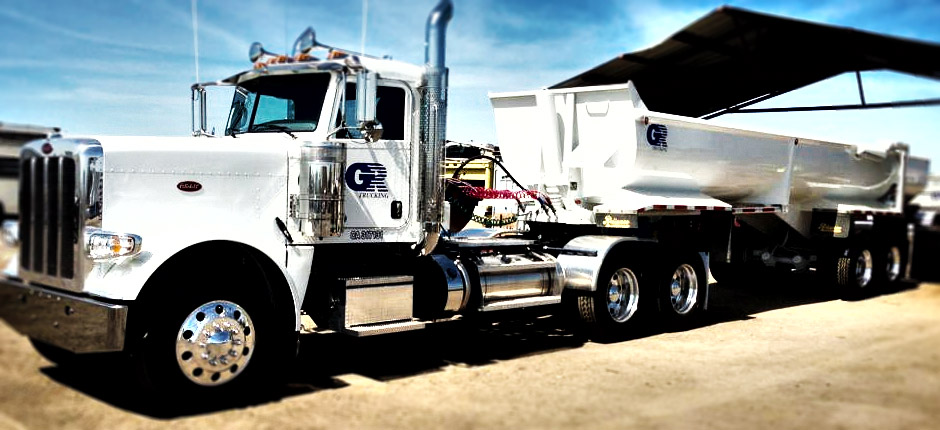- SBE #39228
- +1 (916) 985-2700
- info@grtrucking.net
Mobile concrete recycling Sacramento

Mobile concrete recycling Sacramento
There are two eco-friendly determined approaches regarding the recycling of concrete. The first and preferred option is hauling the debris to a permanent recycling facility, usually situated in the near vicinity to minimize transport costs, the crushing and screening. A favorable alternative is to contact; for example, concrete recycling Sacramento for highly technical mobile crushing, processing units to come onto the demolition site and take care of everything, on the spot!
The aggregate can be reused as soon as the processing is completed. This method reduces the cost of heavy materials transportation, saves energy, as well as wear and tear on equipment and roads. Then there is the old, traditional and ever increasingly rejected option of simply dumping the waste, in a landfill.
If comparing the case between concrete recycling Sacramento and the landfill option; when related to recycling asphalt and concrete are among the easiest materials to recycle and re-use, with significant markets for recycled aggregate becoming increasingly popular and available. In addition, by using recycled aggregate credits are earned for the LEED Green Building Rating System.
Because of the physical properties of coarse aggregates produced from demolished crushed concrete, it becomes the preferred material for various applications, which include; road base and sub-base. This is due to recycled aggregates frequently possessing superior compacting properties and requiring less cement for sub-base usage. In addition, there is generally a preferred cost factor in using it! By utilizing; for example, concrete recycling Sacramento and recycled aggregates instead of virgin materials, the environment benefits from less landfill being generated and crucially, the natural resources needed for virgin aggregate, usually mined or dredged are diminished.
Concrete that is not broken down into its constituent parts can be recovered and crushed for reuse as aggregate. It can also be recycled in controlled amounts, either as an alternative raw material to produce clinker or as an additional component.
